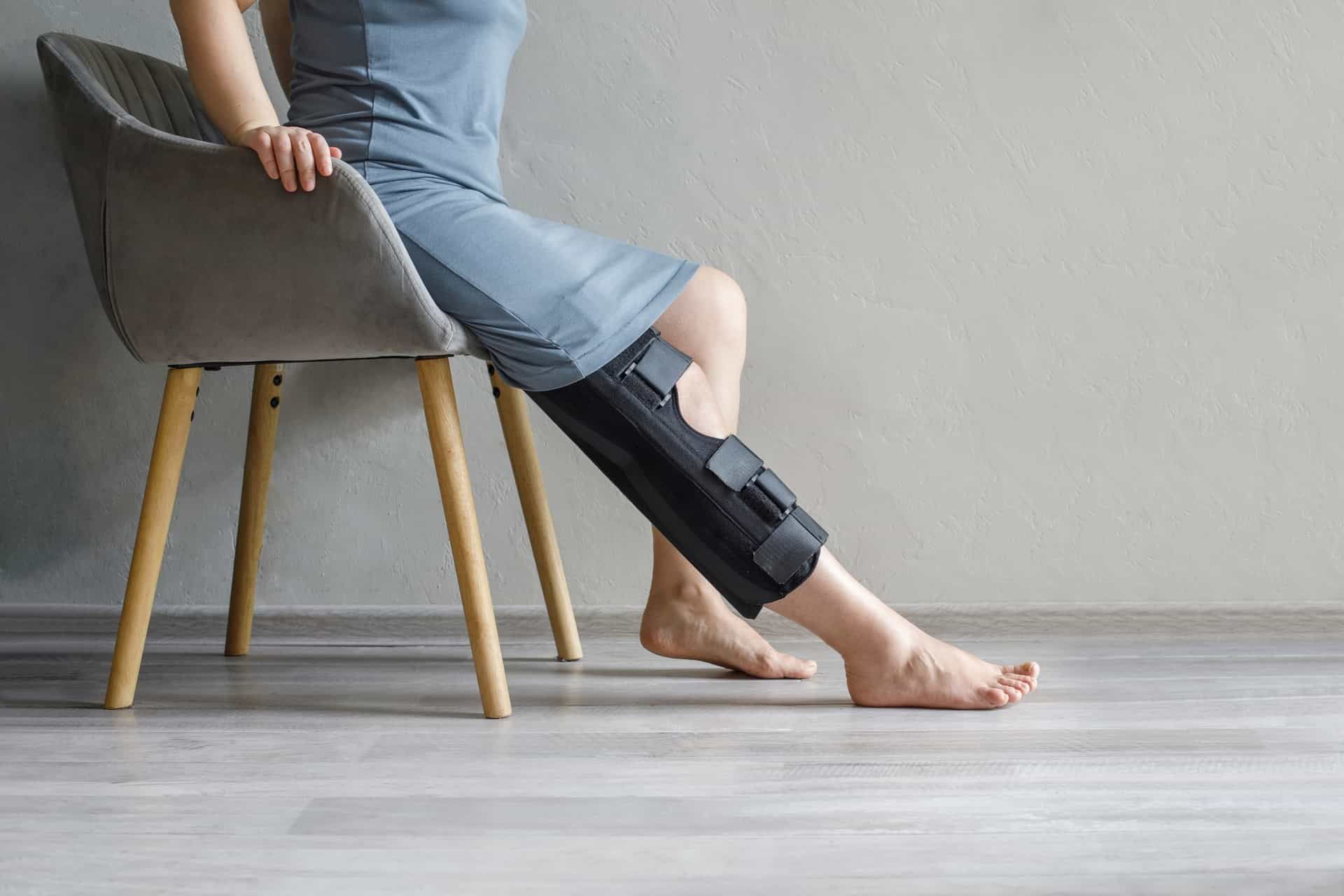What Is Court Testimony In The Context Of Personal Injury?

If your personal injury case reaches the trial stage, the evidence will get admitted into court. This can include evidence such as photos of the scene or information that explains your injuries. Regardless, this evidence will be introduced and presented when a witness is on the stand verifying the facts of the case or answering questions.
But what is
court testimony in the first place, and what are witnesses?
In short, a witness is any person who answers queries from attorneys at a trial or a deposition. These statements are then considered testimony, which is in turn evidence that may play a role in the outcome of the case.
What Is Court Testimony?
Testimony can generally be defined as an oral declaration made by a witness under oath in the context of legal proceedings. Testimony is often formed through interrogation or questioning by an attorney or another authorized public official.
Types of Testimony
Although the question of what is court testimony is relatively straightforward, types of testimony are not.
Testimony can fall into the following two categories:
1. Eyewitness Testimony
The most common type of witness in a legal case is a fact witness. This individual provides testimony of what happened during the matter in question from their own perspective. Because eyewitness testimony is only there to establish the facts, testimony by these witnesses is limited only to first-hand knowledge.
In other words, the information provided to the court is limited to what the eyewitness experienced through their five senses.
In addition to providing their experience of the events, eyewitnesses may also be called to testify in order to authenticate documents so they can enter into evidence.
2. Opinion/Expert Testimony
An expert witness is a qualified individual called to the witness stand to provide expert testimony. For instance, a medical examiner may be called to testify about the injury someone suffered in a car accident. Similarly, an accident reconstruction specialist may also be used to prove the defendant acted negligently and caused the accident.
An expert witness is an independent party with no connection to the plaintiff, the defendant, or any facts surrounding the case.
In contrast to eyewitnesses, expert witnesses receive a fee for their work and any time spent in court providing testimony.
The criteria for calling upon an expert witness are strict. The witness must be greenlit by the judge as an expert qualified by their education, experience, training, or knowledge.
It’s important to stress that lay witnesses or eyewitnesses don’t require any qualification to provide testimony. However, they must be connected to the case, and what they reveal must be based on their own perception, as we already mentioned above.
What Experts Are Hired Often In Personal Injury Cases?
Depending on the type of case, different types of experts may be required. Keep in mind that most personal injury cases will have some overlap. For instance, if lost wages or employability of the plaintiff are in question, the case might require a vocational expert who can evaluate the effect of the injury on the plaintiff’s future employability and wages.
This paints a full picture of the injury and ensures the plaintiff is well-compensated in their case.
With that said, some of the experts that are used in
personal injury cases:
- Medical experts
- Accident reconstructionists
- Mental health professionals
- Engineers
- Physicists
- Maintenance professionals
- Economic experts
- Vocational experts
- Regulatory specialists
- Data experts
How Do Attorneys Question Witnesses?
Your legal counsel will identify the witnesses (experts and eyewitnesses) who have the ability to substantiate your claim. More importantly, they’ll also prepare the witnesses for the trial.
Your attorney may take depositions, go over the questions with the witnesses, and show them how to clearly answer the question and articulate their points.
By the time the witness testifies in court, they’ll know the questions and their order by heart. Similarly, your attorney will also know the answers the witness will provide. It may also be necessary to rehearse some questions that the other party’s attorney may ask during cross-examination. This goes for both eyewitnesses and expert witnesses.
During the trial, the attorney will call witnesses to testify one at the time and provide them with pre-prepared questions. In legal terms, this is known as direct examination. Witnesses must answer these questions clearly and promptly.
Once your attorney finishes questioning the witness, the defendant’s witness will get the opportunity to question them.
This is referred to as cross-examination. Despite how scary it sounds, there’s a high possibility your attorney prepared them for a majority of questions they could receive.
Lastly, your attorney can ask questions after the cross-examination. These follow-up questions are referred to as a re-direct.
Find The Right Expert Witnesses
While the question of what is court testimony is often confusing, hopefully, this short article cleared it up.
Testimony is the cornerstone of legal proceedings and is considered important evidence that was arrived at through a declaration of fact or a statement. Regardless of whether the testimony is written or oral, it’s generally provided under oath and any wrong facts can be considered perjury.
As opposed to eyewitness testimony, an expert witness can provide testimony in the form of inferences or opinions - which can have a massive impact on the success of your case.
If you require next-level vocational expert services, feel free to reach out to
OAS Inc. Our experts have been at the forefront of the industry for over 40 years. Due to our experience, we can accurately document all the economic aspects of the case.
Our experts will work closely with your attorney to aid them from the very beginning of the research process. In fact, we’ve played a key role in plenty of high-profile cases that resulted in millions of dollars in awards.
Work with the best, and ensure the best possible outcome out of your personal injury claim. Call us at
1-800-292-1919, visit us at a location nearby or hit us a quick message through
our online form.
Note:
The information in this blog post is for reference only and not legal advice. As such, you should not make legal decisions based on the information in this blog post. Moreover, there is no lawyer-client relationship resulting from this blog post, nor should any such relationship be implied. If you need legal counsel, please consult a lawyer licensed to practice in your jurisdiction.
Disclaimer: The information on this website and blog is for general informational purposes only and is not professional advice. We make no guarantees of accuracy or completeness. We disclaim all liability for errors, omissions, or reliance on this content. Always consult a qualified professional for specific guidance.








